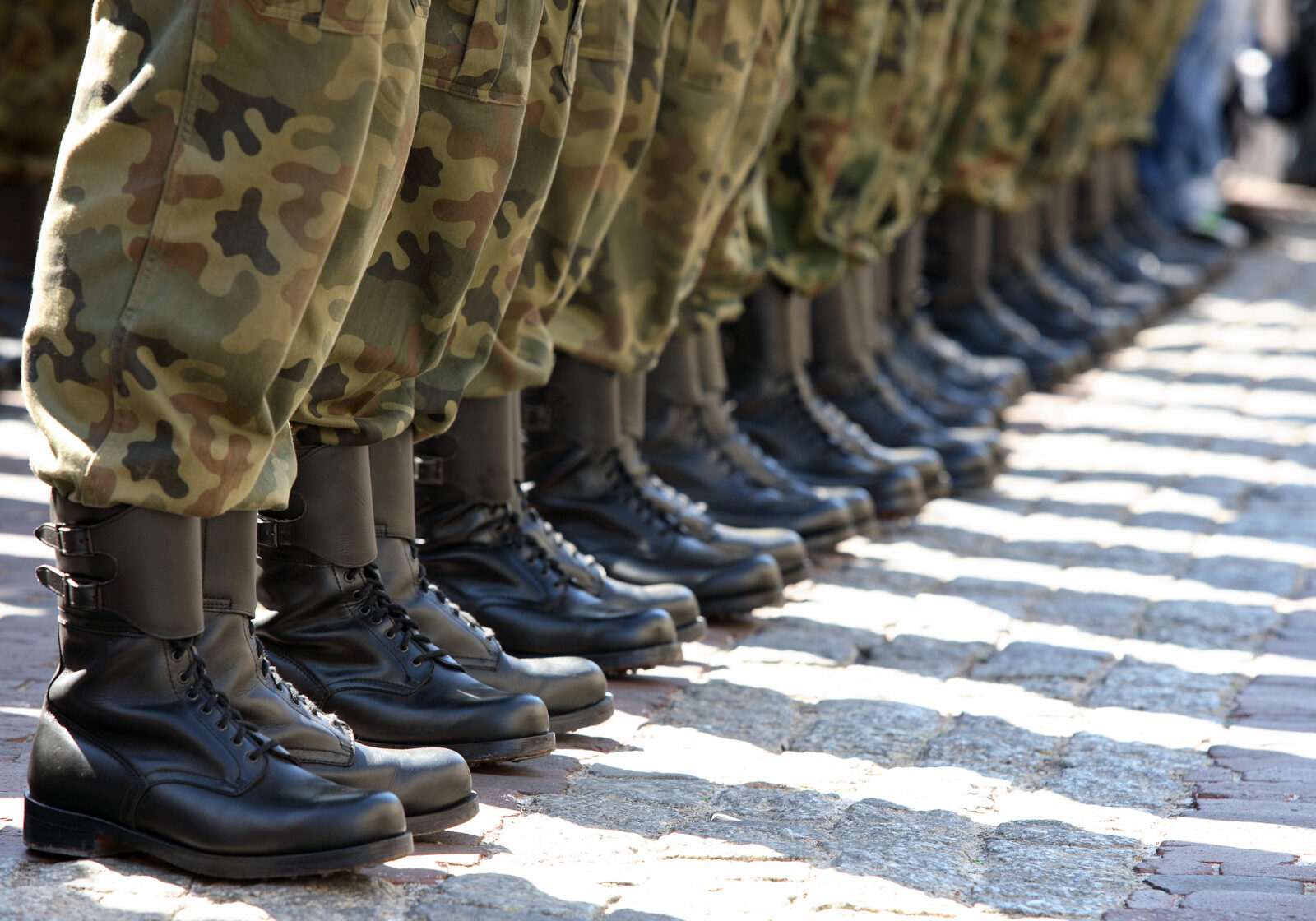Reviewing military women
Originally published at The Washington TimesThis is a review of a women-in-the-military novel that, given probably will never be published. It ought to be. “Placeholder,” written by Karen Dahbly, a former Air Force lieutenant, is a somber, no-nonsense assessment of the price-the military pays for having women, and the price women pay for serving in the military. It’s both a political statement by one who’s been there and a human testimony by a young woman with an unusual literary maturity, certainly when measured by contemporary standards. And if Ms. Dahbly, a Cornell grad (physics major) now working in a high-tech corporation, reaches perhaps too harsh a conclusion — woman really loves the service, she’ll leave — her more nuanced moments bear witness to things that too often get trampled in the blind quest for total equality … and in the equally blind attempt to pretend that half the species isn’t female.
The title “Placeholder” refers to the literal meaning: an officer who stands in for an absent superior. The plot centers on the relationship between the unit’s officer-in-charge, Capt. Alexandra Ahlquist, and her new lieutenant, Stephanie Leclair. “Alexandra, a career type who values integrity yet knows how to play the Air Force game, has a few weeks to prepare her new lieutenant to run the unit before she leaves for a temporary assignment in Saudi Arabia. Stephanie is former enlisted, street smart, college-educated (electrical engineering), and equally intent upon excellence. Yet she begins to infect Alexandra with her doubts as to whether women should really be that hangar at all.
The human element becomes fascinating. Two young women commanding a couple hundred men of various ratings, sizes, and intensities. But the women focus on each other. They’re doing the same things men do, yet doing them utterly differently. The way Captain Ahlquist preps, mentors, and disciplines Lt. Leclair there’s an emotional edge, a calculated game-playing that, in a man, would be both offensive and ineffective. The men keep their distance, a diffidence compounded of respect, distaste, and backbrain knowledge of what would happen to their careers were they to get out of line.
Alexandra leaves Stephanie in charge. While in Saudi, a stray thought occurs: Might Stephanie be interested in one of her unit’s most attractive males, Master Sgt. Lombard? The wonder becomes obsessive and Alexandra realizes the depth of her own, hitherto unadmitted, interest in the man. When she returns, nobody will tell her what happened, personally or professionally, except that “Everything’s OK.” Stephanie and Lombard seem particularly reticent, and Alexandra endures a double torture: not knowing whether something has happened to her unit or whether it is all in her own mind, because the system requires that women’s shortcomings remain unacknowledged.
Stephanie decides to resign. No clear reasons given. None demanded. A few weeks later, Alexandra tries to write to Stephanie about her own doubts, but realizes that the relationship is over. Stephanie’s gone on to other things in another world. So she crosses out “Stephanie” and writes “To Cadet Alexandra Ahlquist”:
“I want to tell you some things someone should have warned you about. You don’t want the military. You’re like the military, sure, but mostly because of the kind of people who are in it. The kind of men who are in it. I mean. You can’t win. You’ll always be competing with, fighting, the ones you really wanted to be on a team with. If you win, then you won’t be interested in being on their team anymore. If you lose, you’ll feel inferior.”
She muses that “things happen, but I never expected it would be so common I’d get used to it. Broken families are no more shocking than broken aircraft now. Now that I’ve seen the cases of rape, the cases that weren’t rape, the colonels having affairs with sergeants, the maternity uniforms on unmarried girls, the bets on who goes to bed with whom …”
A few weeks later, a plane crashes. The case is traced to a female sergeant who’d been improperly trained, advanced, and supervised because she was female. Alexandra knows how it will be handled. “That means the scope of the tragedy will be limited to a single page, that I was female, I told myself after I had found a shredder and fed the report to it page by page, that because I was female, I could not depend on the Air Force to tell me if I was incompetent. That meant that I could be a danger to my own unit and no one would tell me. It meant that the scope of the problems might be so great no one was going to say anything because it would bring up questions about everything. It meant that as long as there was anything political about women in the military I could not trust the Air Force to do its job of being prepared for war.”
Unfair to the Air Force? Perhaps. Arguably, the Air Force has done the best job of integrating women and still seems capable of some pretty heavy warfighting. But women in the military is no longer a purely military matter, or even a political issue. It’s starting to suffuse the cultural debate, and may well become a key battlefield in the Culture War. Perhaps it should.
To those opposed to women in all or part of the military, these passages will be ammunition. To those whose only priority is “women” and their “rights,” it probably won’t matter. But is there any possible middle stance, based on recognition that equality (not sameness) is a fact of life that never shouldn’t have been a fact of life, and that getting it right must be a long and often messy affair?
“Placeholder” by its civility and complexity, contributes to that possibility. Would that another woman, another vet, might write another “Placeholder” with a different point of view.
